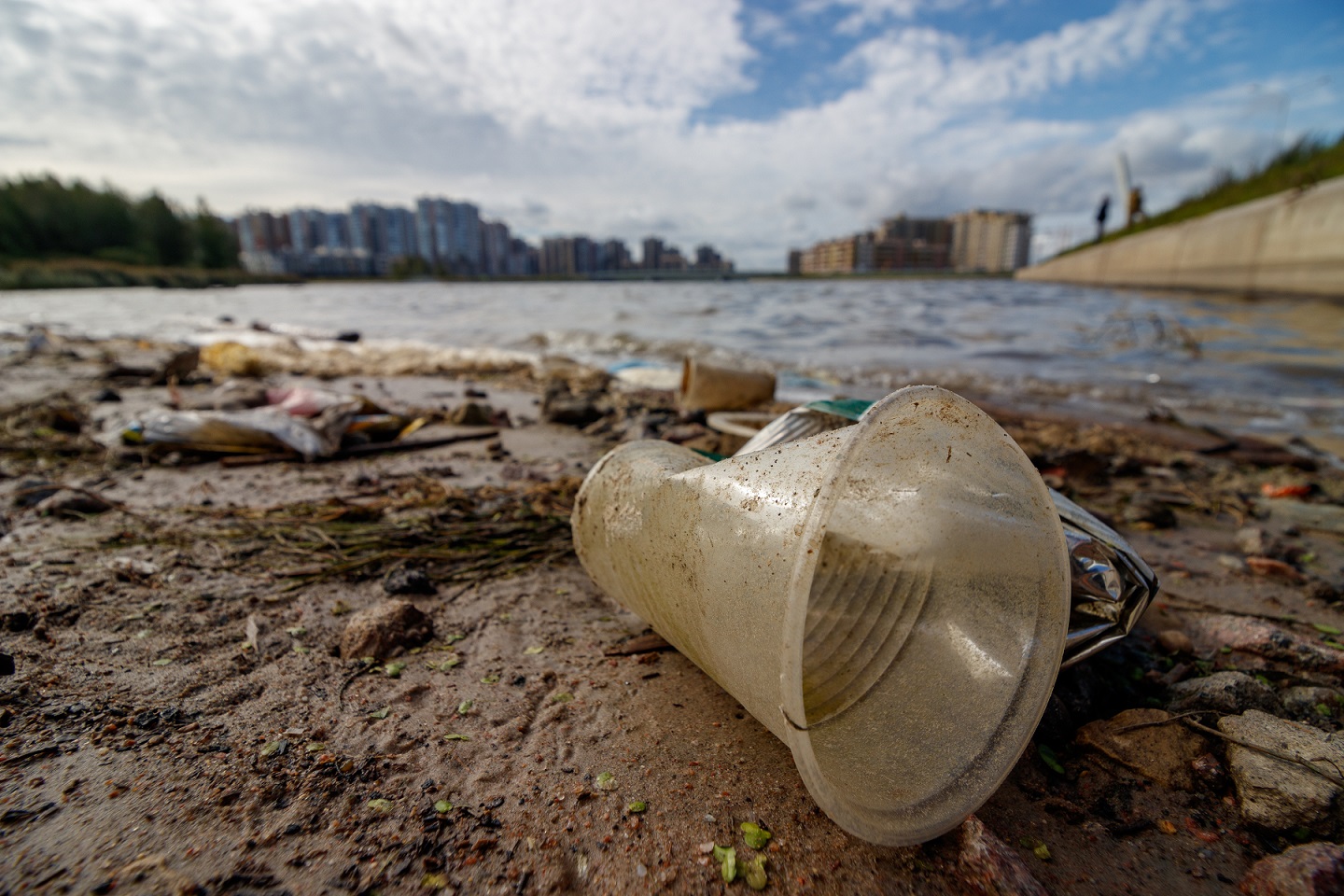
This July saw millions of people get involved in Plastic Free July. Plastic Free July is a global movement that encourages people to be part of the solution to plastic pollution – so we can have cleaner streets, oceans, and beautiful communities.
More than 8.3 million tonnes of rubbish finds its way to our oceans each year. A million tonnes of this stays in the ocean. The rest of it finds its way onto shores all over the world. This rubbish comes from both land and sea-based sources and can travel immense distances.
We could wax lyrical about all the ways that rubbish in our oceans negatively impacts coral reefs, wildlife and human health. But we’d prefer to tell you what we’re doing about it. And what you can do to help.
How can we solve the ocean plastic crisis?
Our researchers are investigating the relationship between humans and our environment. Our focus is on sources and amounts of plastics around Australia and the world.
We’ve worked with schools, communities, industry groups and government to address everyone’s role in solving this problem.
The world’s largest plastic pollution survey
We’re taking on the world’s largest plastic pollution survey. We’re working with countries across the globe to apply science to reduce the amount of litter entering our oceans.
To date, the best estimates say there are around 6-12 million metric tonnes of plastic going into the oceans each year. That works out to be around 15 shopping bags of plastic for each metre of global coastline (excluding Antarctica).
What can be done?
Every piece of plastic in our oceans started in someone’s hand. By gathering the information needed to identify sources and hotspots of debris, we can better develop effective solutions to tackle it.
Working together, scientists, industry, government and citizen scientists can make significant strides to reduce the impact in coastal areas and in the marine environment.
We’ve developed an online national marine debris database. Here you can contribute data you collect about litter at your local beach.
More tips for reducing your impact
Together, we can contribute to the improved understanding of the types, amounts and sources of debris that arrives on Australia’s coastline. And reducing the amount of plastic we use is a good way to start!
We asked our CSIRO Waste Warriors for their best tips to reduce single-use plastic waste. Here’s what they said:
- Make sure you always have an eco-friendly bag in your car and handbag.
- Purchase reusable cloth bags to use for your fruit and veggies at the supermarket – or go bag-less all together.
- Say no to plastic straws, carry a reusable straw instead.
- If food outlets allow it, bring your own tupperware for takeaway.
- Buy and use your own reusable coffee cup.
- Opt to dine in instead of taking away.
Have a tip of your own? Share your waste-free wisdom by leaving a comment below.


22nd August 2019 at 9:49 am
Plastic does not have to be ‘single use’. Lots of cutlery, containers, even straws can be washed & used again. Also, we use plastic containers as they are lightweight & durable (think Tupperware or the now very old picnic set Mum had that is still going strong). But you are right, we need to value plastic so that it is not considered cheap & toss able. We had a recycling inquiry here in SA & I think we need to push for valuing ‘garbage’ & support community based, local, accessible, small initiatives for creative recycling, turn back to when we were far more self reliant & less wasteful & be prepared to support the job opportunities that come with sorting, cleaning & repurposing. Until we value waste as a resource & value those who deal with that waste as our heroes, we are going to see that pile of s—t grow.
21st August 2019 at 3:48 pm
We also need to get rid of those silly plastic bread tags, or be able to recycle them somehow (if possible, i dont know)
21st August 2019 at 12:39 pm
I love that Kathleen’s profile leads to a shop with plastic earings and that Phil’s post suggest it’s about cups.
21st August 2019 at 12:06 pm
Plastic seems inevitable for liquids like milk and yoghurt. Is it preferable to glass because that is now melted down and reformed using lots of energy? Are plastic lined cardboard cartons any better? We need to know what to choose and we need a ban on those plastics that can’t be recycled easily or safely. Supermarkets have the buying power to force a reduction in packaging and a switch to plastic alternatives. They need to stock reusable silicone wraps too.
21st August 2019 at 11:56 am
So many great ways to reduce our daily use of plastics. I recently co-authored an article in The Conversation on reducing single use plastics/reducing overall waste during our Australian Marine Science Assoc national conference (AMSA2019). Many of these solutions are easily transferred to the home, business or large gatherings. The article and our list of tips are available at https://www.seagrassresearch.net/popular-articles
Any one can start with looking in your own rubbish bin (home of office) to make a start to reduce plastic use and waste.